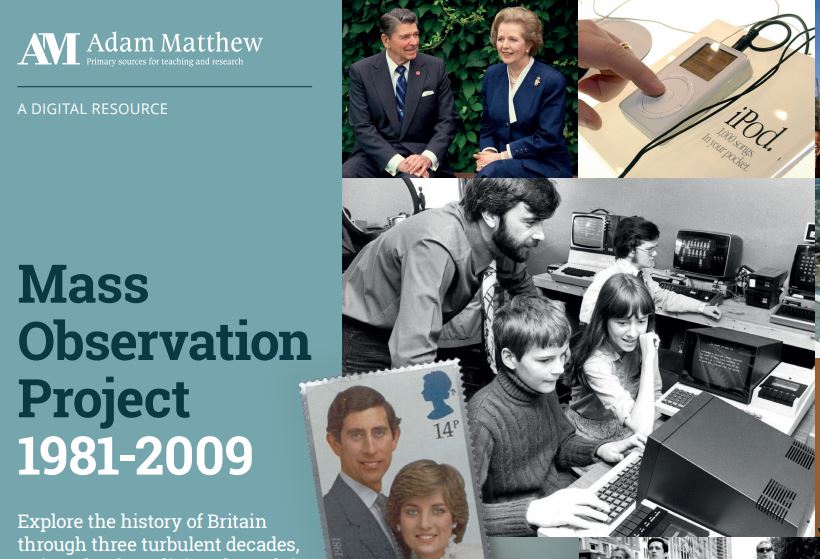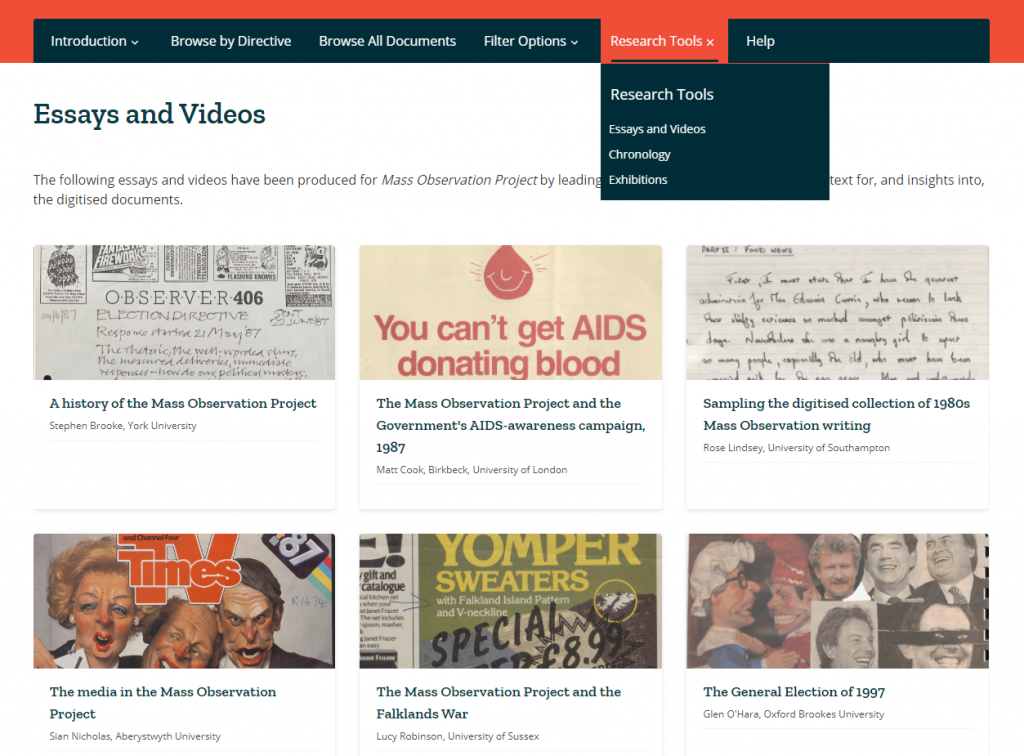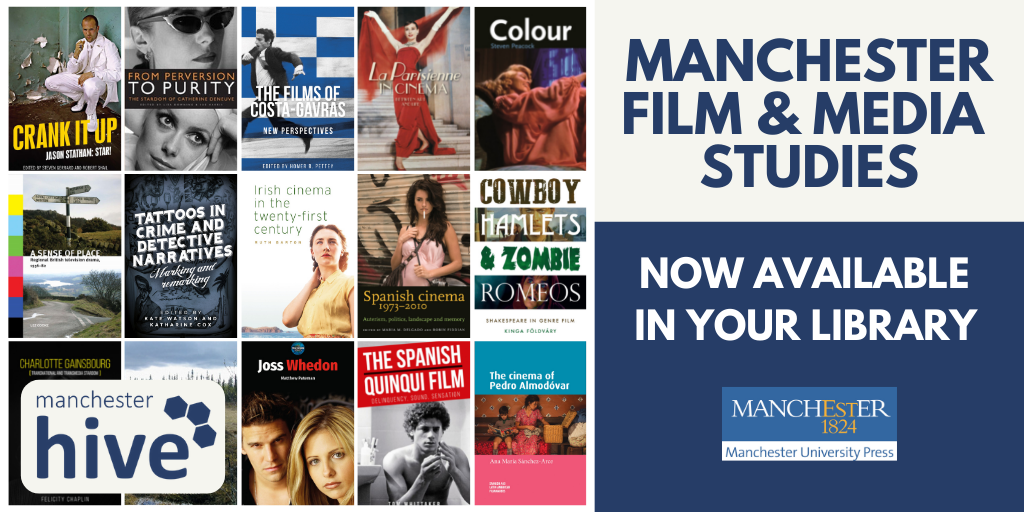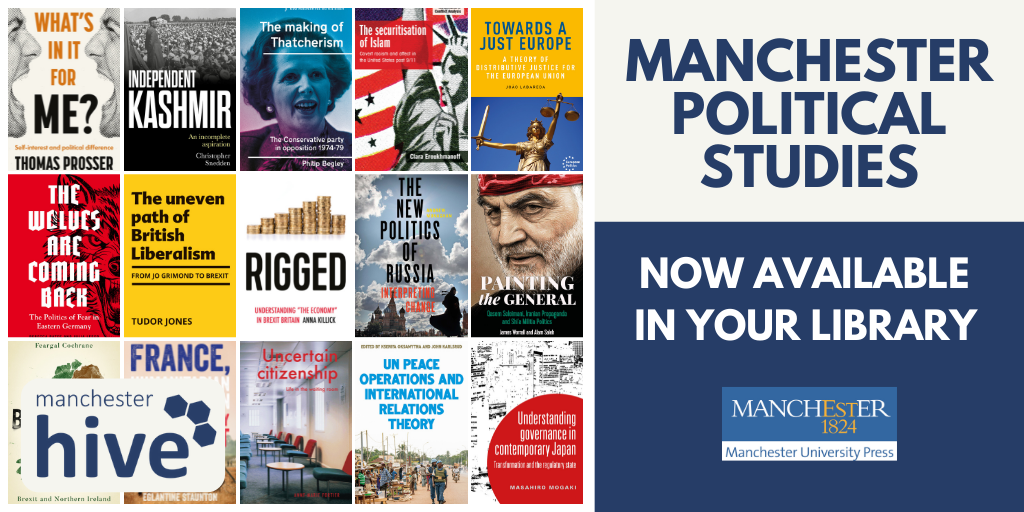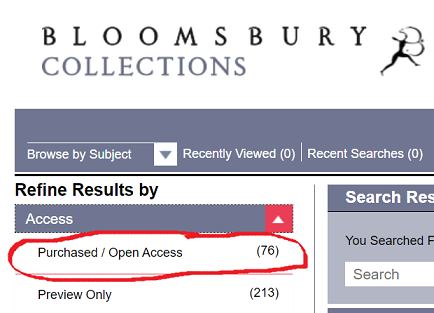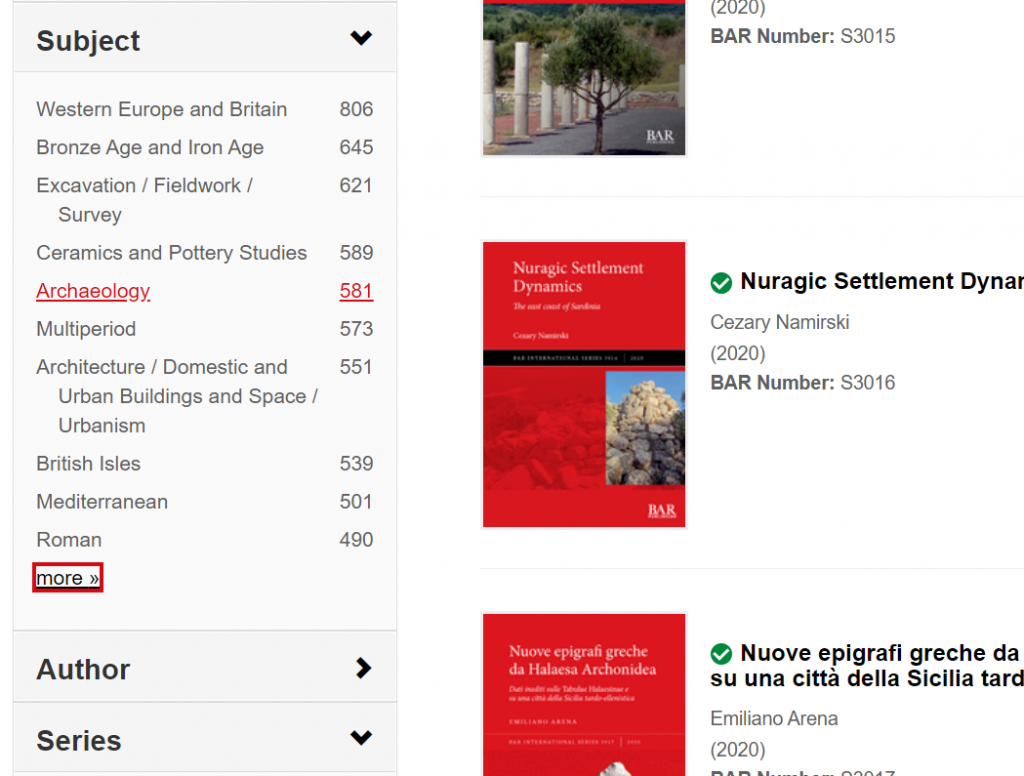| [Un]Grounding Post-Foundational Geographies | Book – Electronic |
| A history of children’s play and play environments: Toward a contemporary child saving movement | Book – Electronic |
| Abolish Silicon Valley: How to Liberate Technology from Capitalism | Book – Physical |
| Anti-Social Behaviour in Britain: Victorian and Contemporary Perspectives | Book – Electronic |
| Authoritarian Liberalism and the Transformation of Modern Europe | Book – Electronic |
| Capital in the Twenty-First Century | Book – Electronic |
| Design Science: Introduction to the Needs, Scope and Organization of Engineering Design Knowledge | Book – Physical |
| Difficult Heritage’ in Nation Building | Book – Electronic |
| Elite Mobilities | Book – Electronic |
| Empire and Righteous Nation: 600 Years of China-Korea Relations | Book – Electronic |
| Gender, Sexuality, and Space Culture | Book – Electronic |
| Genius Makers: The Mavericks Who Brought AI to Google, Facebook, and the World | Book – Physical |
| Ghost Road Beyond the Driverless Car | Book – Physical |
| Hello, Stranger | Book – Electronic |
| How To Talk To Robots: A Girls’ Guide To a Future Dominated by AI | Book – Physical |
| Hyperconnectivity and digital reality : towards the eutopia of being | Book – Electronic |
| Intergenerational Mobilities: Relationality, age and lifecourse | Book – Electronic |
| Livable Streets | Book – Electronic |
| Phenomenology of Values and Valuing | Book – Electronic |
| Prototyping Architecture | Book – Physical |
| Risk Governance Coping with Uncertainty in a Complex World | Book – Electronic |
| Ruin memories : materialities, aesthetics and the archaeology of the recent past | Book – Electronic |
| Shapers of Urban Form: Explorations in Morphological Agency | Book – Electronic |
| Skateboarding and the City:A Complete History | Book – Electronic |
| Space, Imagination and the Cosmos from Antiquity to the Early Modern Period | Book – Electronic |
| The Art of Experiment: Post-pandemic Knowledge Practices for 21st Century Architecture and Design | Book – Electronic |
| The Biopolitics of Water: Governance, Scarcity and Populations | Book – Electronic |
| The everyday experiences of reconstruction and regeneration: from vision to reality in Birmingham and Coventry | Book – Electronic |
| The Limits to Scarcity: Contesting the Politics of Allocation | Book – Electronic |
| The Right to Water: Politics, Governance and Social Struggles | Book – Electronic |
| Toward an Anthropological Theory of Value: The False Coin of Our Own Dreams | Book – Electronic |
| Tropical Modernity: life and work of C.P. Wolff Schoemaker | Book – Physical |
| Under a White Sky The Nature of the Future | Book – Physical |
| Urban Futures Planning for City Foresight and City Visions | Book – Electronic |
| Water Ethics: A Values Approach to Solving the Water Crisis (second edition) | Book – Electronic |
| Water Politics: Governance, Justice and the Right to Water | Book – Electronic |
| What Is Water? The History of a Modern Abstraction | Book – Electronic |
| What Water Is Worth: Overlooked Non-Economic Value in Water Resources | Book – Electronic |
| After urban regeneration: communities, policy and place. | Book – Electronic |
| Architect’s Legal Pocket Book / 3rd | Book – Physical |
| Beyond successful and active ageing : a theory of model ageing | Book – Electronic |
| Brain Storm: The Flaws in the Science of Sex Differences | Book – Electronic |
| Building with Reclaimed Components and Materials: A Design Handbook for Reuse and Recycling | Book – Electronic |
| Designing and conducting mixed methods research / 3rd | Book – Physical |
| Designing for the homeless | Book – Physical |
| Designing with Smell: Practices, Techniques and Challenges | Book – Electronic |
| Enhancing Disaster Preparedness From Humanitarian Architecture to Community Resilience | Book – Electronic |
| Every Twelve Seconds: Industrialized Slaughter and the Politics of Sight | Book – Electronic |
| Islands of Abandonment: Life in the Post-Human Landscape | Book – Electronic |
| Letters from the Earth: Uncensored Writings | Book – Physical |
| Marx, Capital and the Madness of Economic Reason | Book – Electronic |
| Multiform: Architecture in an Age of Transition (Architectural Design) | Book – Physical |
| Naturalistic Planting Design The Essential Guide: How to Design High-Impact, Low-Input Gardens | Book – Physical |
| Rural Regeneration in the UK | Book – Electronic |
| Small Change: About the Art of Practice and the Limits of Planning in Cities | Book – Electronic |
| Structural Design for the Stage | Book – Electronic |
| The Craft and Art of Scenic Design: Strategies, Concepts, and Resources | Book – Physical |
| The Designer’s Atlas of Sustainability | Book – Electronic |
| The Ideal City: Exploring Urban Futures | Book – Physical |
| Ways of Looking: How to Experience Contemporary Art | Book – Physical |
| Broadlands and the New Rurality: An Ethnography | Book – Electronic |
| Architectural Design and Regulation | Book – Electronic |
| Architecture of Resistance: Cultivating Moments of Possibility within the Palestinian/Israeli Conflict (Design Research in Architecture) 1st Edition | Book – Electronic |
| Broken Cities: Inside the Global Housing Crisis | Book – Electronic |
| Concrete Changes: Architecture, Politics, and the Design of Boston City Hall | Book – Electronic |
| Digital Participation and Collaboration in Architectural Design | Book – Electronic |
| Eileen Gray: Her Work and Her World | Book – Electronic |
| Eleven exercises in the art of architectural drawing : slow-food for the architect’s imagination | Book – Electronic |
| England’s Co-operative Movement: An Architectural History | Book – Electronic |
| Frank Lloyd Wright’s Dana-Thomas House: The Illustrated Story of an Architectural Masterpiece | Book – Physical |
| Handbook of Global Urban Health Routledge | Book – Electronic |
| Heritage, Conservation and Communities: Engagement, participation and capacity building | Book – Electronic |
| History of Castleford | Book – Physical |
| Las Vegas in Singapore: Violence, Progress and the Crisis of Nationalist Modernity | Book – Electronic |
| Living in Digital Worlds: Designing the Digital Public Space | Book – Electronic |
| Mixed communities: Gentrification by stealth? | Book – Electronic |
| Rethinking Policy and Politics Reflections on Contemporary Debates in Policy Studies | Book – Electronic |
| The Emergence of the Interior: Architecture, Modernity, Domesticity | Book – Electronic |
| The Imperial Museums of Meiji Japan | Book – Physical |
| The Peregrine Faclon / 2nd | Book – Electronic |
| The Urban Commons: How Data and Technology Can Rebuild Our Communities | Book – Electronic |
| Think like an Architect | Book – Electronic |
| This building should have some sort of distinctive shape | Book – Physical |


